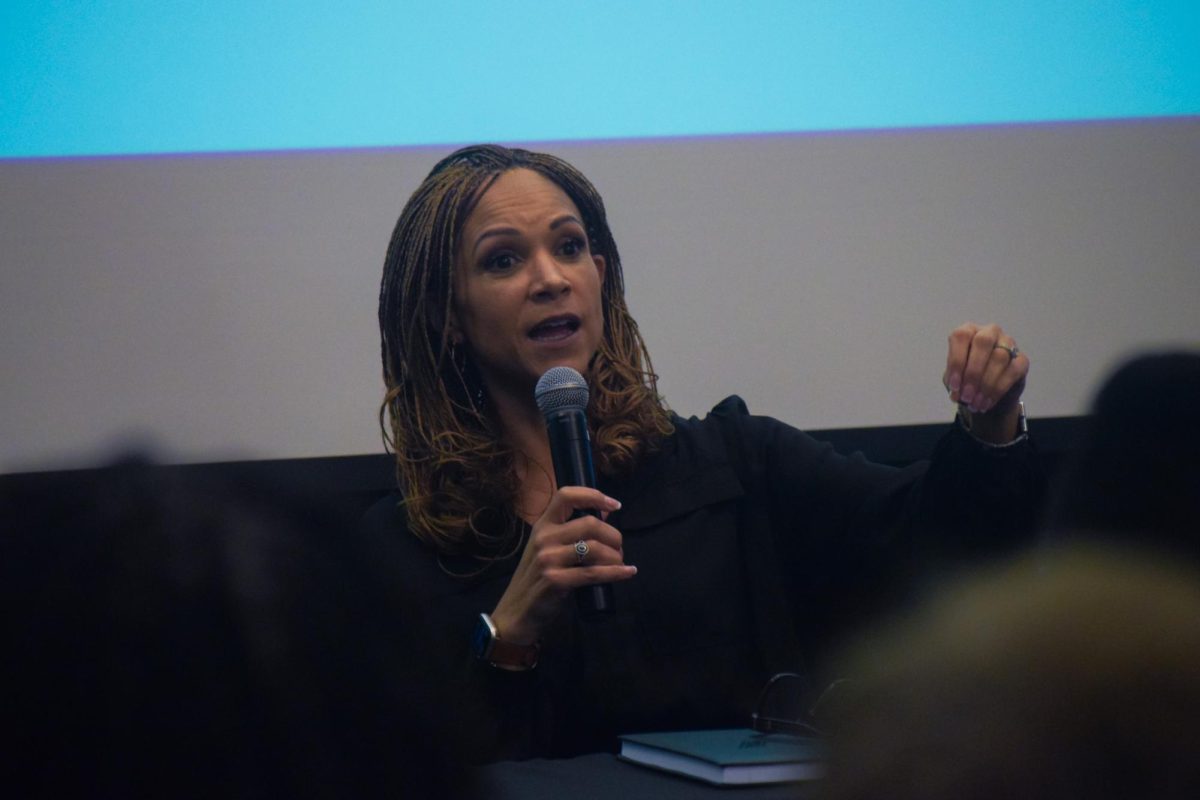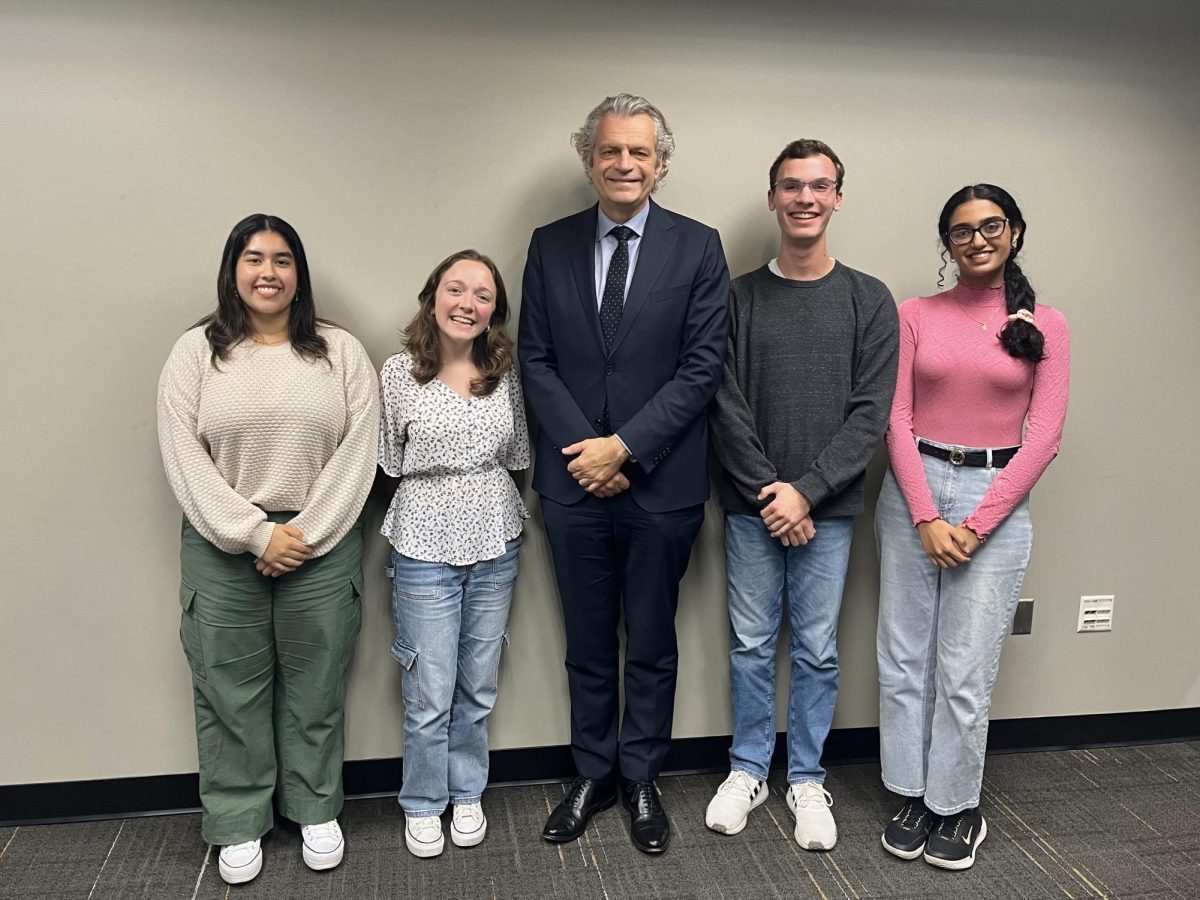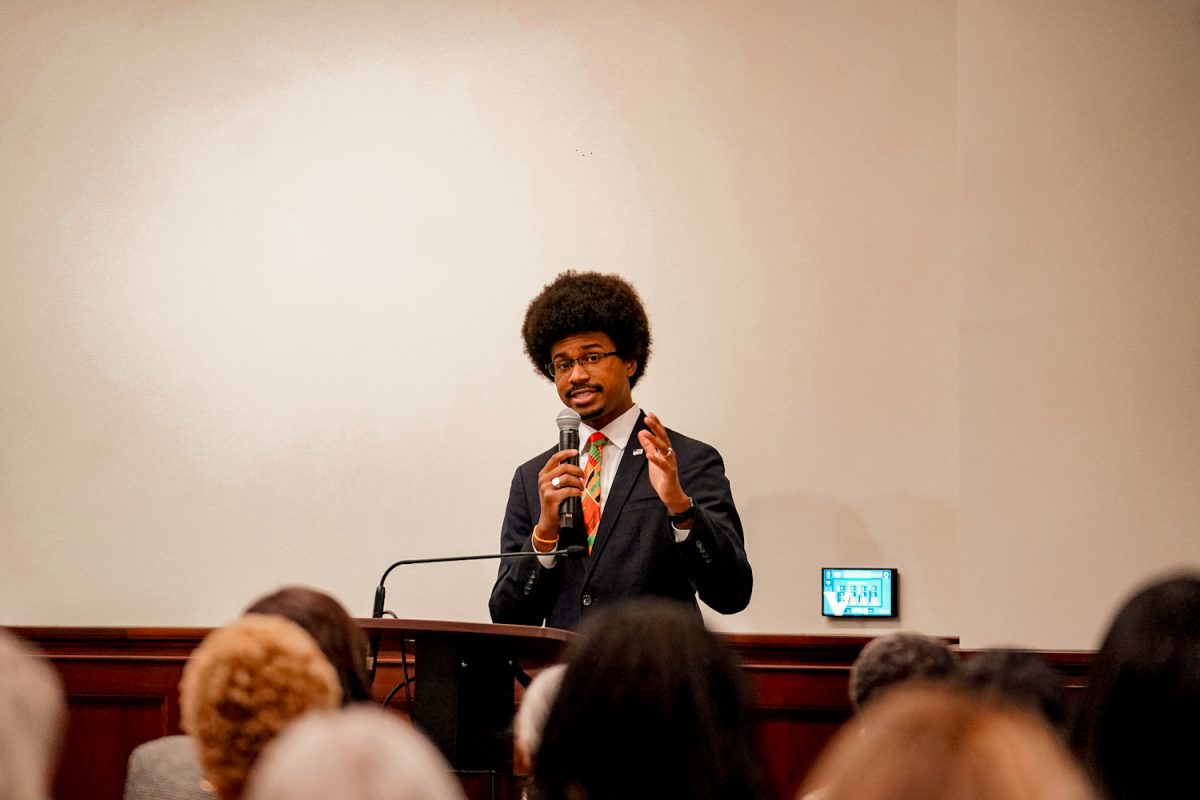Chancellor Daniel Diermeier addressed the overturning of affirmative action in college admissions processes by the U.S. Supreme Court, saying he is “deeply disappointed” in the ruling. He explained to The Hustler that the statement aligns with the university’s “principled neutrality” standard, which allows comment on political issues that directly relate to the university’s function.
The email, which was sent to the Vanderbilt community at around 4 p.m. CDT on June 29, spoke of the new challenges to diversity in higher education that the decision poses.
“Diversity, broadly defined, is essential to dialogue, learning, innovation and growth for every member of our community,” Diermeier said in the message. “The Court’s decision makes it more difficult for colleges and universities to create a dynamic campus community composed of people with a wide range of backgrounds, experiences and perspectives.”
Regarding other political topics, Diermeier has repeatedly committed himself to and advocated for universities to hold a standard of principled neutrality. Specifically, he has spoken about the importance of neutrality and civil discourse concerning abortion, gender-affirming care for minors, mayoral elections and divestment from fossil fuels, among other topics.
“When a university takes any position — when it sends a signal that one point of view is preferable over another — it can be seen as establishing or affirming an official position or party line,” Diermeier wrote in a May 5, 2022, Inside Higher Ed column.
However, he reiterated in a June 29 message to The Hustler that this policy does not extend to issues that directly affect the university. He declined to comment on the apprehension that some students may feel about their place at institutions — particularly prestigious ones — of higher education after the affirmative action ruling.
“As always, we are committed to maximum freedom of expression for our faculty and students and encourage open debate in the spirit of civil discourse on the issues that are important to them, including university policies and processes,” Diermeier said in the June 29 message.
Students and faculty members have spoken out against the university’s principled neutrality stance, claiming that it enables administrators to ignore significant issues affecting students. Some students even campaigned for student body president and vice president on a platform that called for Diermeier to give up this stance.
“At some point, the price of principled neutrality will be the mental health and lives of trans and queer students, or whoever else the state legislature deems as its next target,” senior Induja Kumar, president of Hidden ‘Dores, said in a June 25 interview with The Hustler regarding gender-affirming care.
On the other hand, a member of the Board of Trust recently penned an article in favor of the policy.
“If ‘principled neutrality’ sounds anodyne, you haven’t been paying attention. Mr. Diermeier’s stand is boldly reassuring,” former Tennessee Governor Lamar Alexander (BA ‘62) wrote in the column.
Diermeier attended college in the U.S. as a first-generation international student from Germany. In an Oct. 3 interview with The Hustler, he spoke of how this background influences his emphases as a leader at Vanderbilt.
“Providing opportunity and access will continue to be a top priority for me,” Diermeier said. “We benefit from having diverse experience backgrounds and perspectives on campus, and our international students for sure play an important role in creating this diverse environment.”













